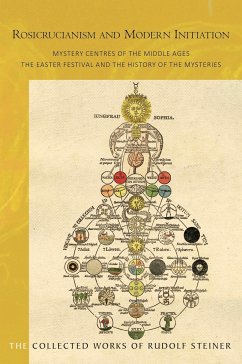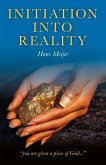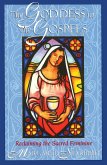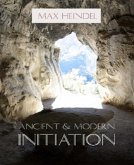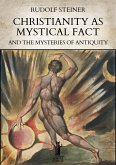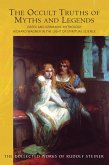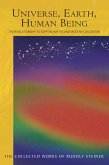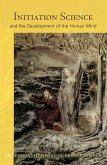In the immediate aftermath of the 'Mystery-act' of the Christmas Foundation Conference, Rudolf Steiner chose to speak on the subject of 'Rosicrucianism and Modern Initiation, Mystery Centres of the Middle Ages'. Clearly connected to the events that had just taken place in Dornach - in which he not only refounded the Anthroposophical Society but took a formal position within it - Steiner begins by exploring the intellectual life of the Middle Ages and the role that Mystery culture played within it. He throws new light on the foundations of Rosicrucianism, its principles of initiation and its inherent impulse for freedom. Steiner also discusses the secret teachings of the eighteenth and nineteenth centuries, and the dawn of the age of the Archangel Michael.
In the second series of lectures, entitled 'The Easter Festival and the History of the Mysteries' (April 1924), Steiner describes how festivals grew out of the Mysteries themselves. He speaks of Mysteries connected to Spring and Autumn, Adonis and Ephesus, and the significance of Sun and Moon. Throughout the volume he discusses the roles of Alexander the Great and Aristotle in world history and the significance of Aristotle's 'Categories'. Published for the first time as a single volume, the freshly revised text is complemented with an extensive introduction by Dr Andrew Welburn, detailed notes and appendices by Professor Frederick Amrine and an index.
Dieser Download kann aus rechtlichen Gründen nur mit Rechnungsadresse in A, B, BG, CY, CZ, D, DK, EW, E, FIN, F, GR, H, IRL, I, LT, L, LR, M, NL, PL, P, R, S, SLO, SK ausgeliefert werden.

